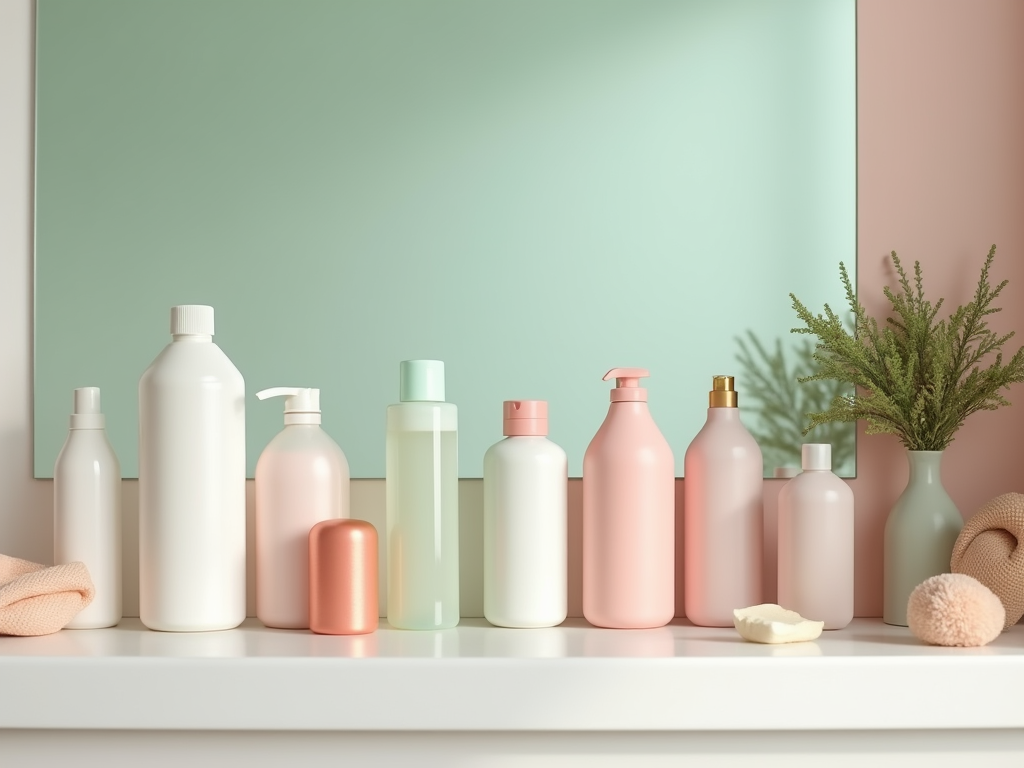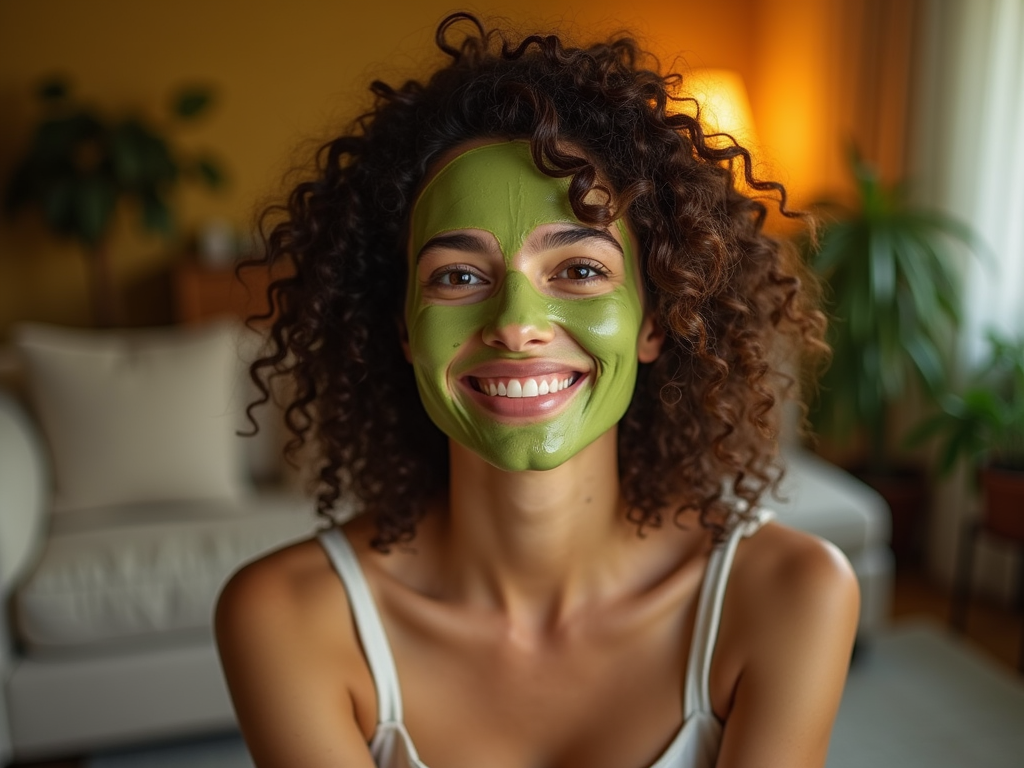Healthy, hydrated hair is not only essential for a vibrant look but also plays a significant role in its overall strength and resilience. In this article, we will explore effective strategies to hydrate your hair, including the best products and natural remedies. From understanding your hair type to implementing a personalized care routine, our comprehensive guide will help you ensure your strands receive the moisture they need to flourish.
Understanding the Importance of Hair Hydration

Hydration is crucial for hair health, as it helps maintain elasticity, reduces breakage, and promotes shine. When hair becomes dehydrated, it can appear dull, frizzy, and brittle. This is often caused by factors such as environmental stressors, heat styling, chemical treatments, and even inadequate nutrition. By prioritizing hydration in your hair care routine, you create the conditions for your hair to thrive.
Moreover, different hair types require varying levels of hydration. For instance, curly hair tends to be drier than straight hair due to its natural oils having a harder time traveling down the hair shaft. Understanding your hair’s needs is the first step in creating an effective hydration strategy.
Best Products for Hydrating Your Hair

Choosing the right products is essential for delivering much-needed hydration to your hair. Here are some must-have items to consider incorporating into your routine:
- Hydrating Shampoo: Look for sulfate-free shampoos designed specifically for hydration. Ingredients like aloe vera, coconut oil, and shea butter can help retain moisture.
- Conditioners: A good conditioner traps moisture and nourishes your hair. Opt for deep conditioners or masks rich in fatty alcohols and proteins.
- Leave-In Treatments: Use leave-in conditioners or serums to provide extra moisture throughout the day. Products with ingredients like argan oil and hyaluronic acid are particularly effective.
- Hair Oils: Natural oils, such as jojoba and olive oil, can be applied to dry ends to lock in moisture while preventing split ends.
- Heat Protectants: If you frequently use heat styling tools, don’t forget to apply heat protectants to maintain moisture levels and protect your hair from damage.
In addition to commercial products, several natural remedies can significantly benefit your hair’s hydration. Here are some tried-and-tested methods:
- Coconut Oil Treatment: Apply warm coconut oil to your hair and leave it on for at least 30 minutes before shampooing. This deeply moisturizing treatment can be done once a week.
- Aloe Vera Gel: Known for its hydrating properties, aloe vera can be used as a leave-in conditioner or as a hair mask for added moisture and shine.
- Avocado Mask: Mash an avocado and mix with honey to create a nourishing hair mask that hydrates and strengthens your hair.
Integrating these natural remedies into your routine not only boosts hydration but can also be a more cost-effective and chemical-free way of maintaining your hair’s health.
Creating a Personalized Hair Care Routine
An effective hydration plan should consider your unique hair type, lifestyle, and preferences. Here are some steps to build your personalized hair care routine:
- Assess Your Hair Type: Identify if your hair is curly, straight, fine, thick, or color-treated. Different types have different hydration needs.
- Frequency of Washing: Avoid overwashing your hair, as this strips natural oils. Depending on your hair type, aim to wash your hair 1-3 times a week.
- Choose Appropriate Products: Select shampoos and conditioners that cater to your hair type and provide hydration.
- Incorporate Deep Conditioning: Use deep conditioning treatments or hair masks once a week to replenish moisture.
- Stay Hydrated: Don’t forget to drink plenty of water and eat a balanced diet rich in vitamins and minerals essential for hair health.
Conclusion
Giving your hair the hydration it needs doesn’t have to be a complicated process. By understanding the importance of hydration, choosing suitable products, exploring natural remedies, and creating a personalized hair care routine, you can effectively nourish your hair. Remember that consistency is key, and it might take some time to see the results. As you embark on your journey to hydrated, healthy hair, embrace the unique beauty of your strands and enjoy the process.
Frequently Asked Questions
1. How often should I use a deep conditioner?
It depends on your hair type. Generally, once a week is a good starting point for most people, but those with very dry or damaged hair might benefit from bi-weekly applications.
2. Can I hydrate my hair with just water?
While hydration through water is essential, simply spraying water on your hair may not be enough. Incorporate nourishing products that lock in moisture for best results.
3. What is the best oil for dry hair?
Coconut oil is often recommended, as it penetrates the hair shaft effectively. Other great options include argan oil, jojoba oil, and olive oil for hydration.
4. Can hair hydration help with frizz?
Absolutely! Hydrated hair is less likely to frizz. Moisture maintains the hair’s elasticity, making it smoother and more manageable.
5. Should I avoid heat styling completely?
While it’s ideal to limit heat styling, if you must use it, always apply a heat protectant and try to use lower heat settings to minimize damage.
